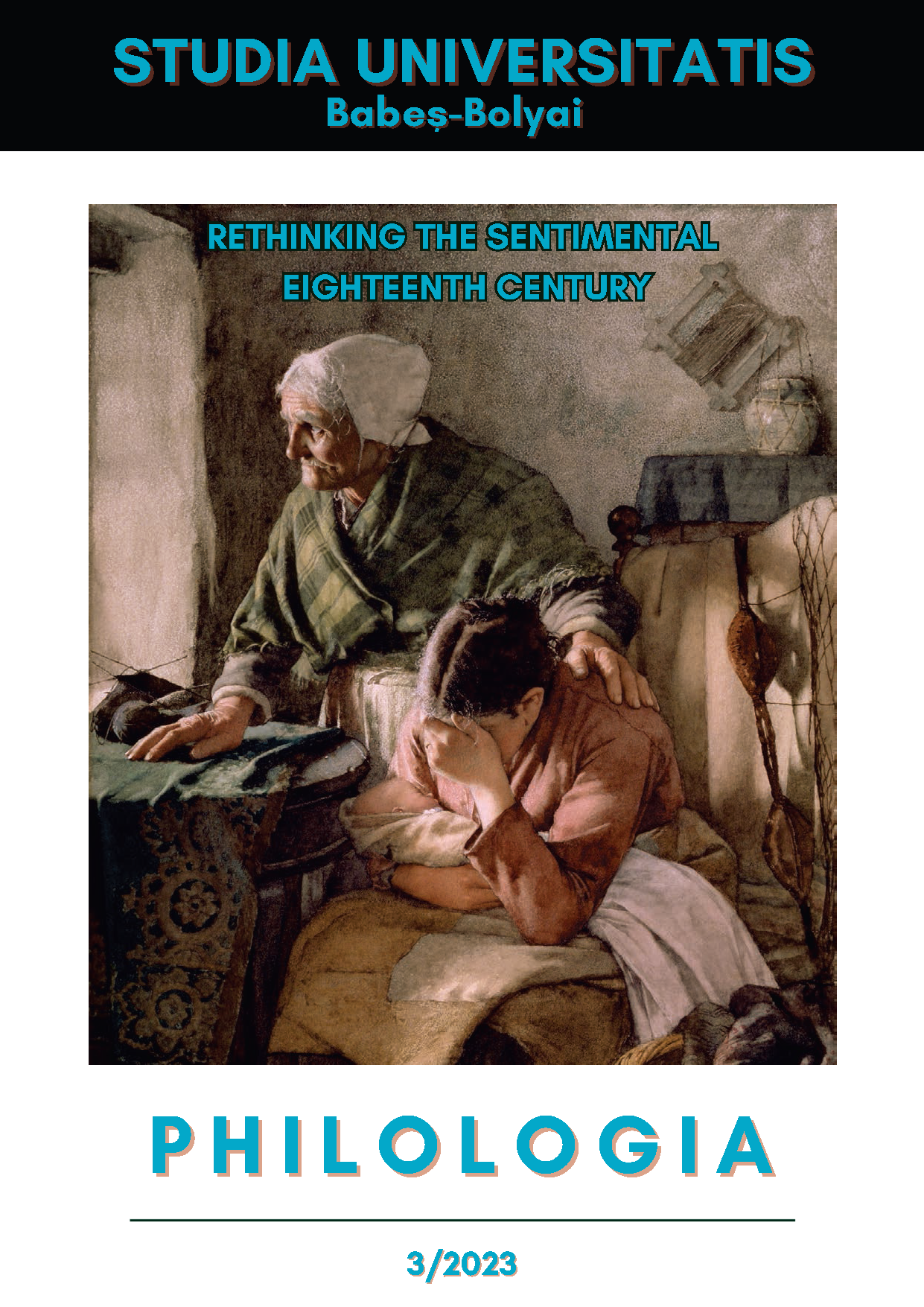“MY SOUL’S FAR BETTER PART”: HOMER’S HECTOR AS MAN OF FEELING
“MY SOUL’S FAR BETTER PART”: HOMER’S HECTOR AS MAN OF FEELING
Author(s): Jessica GlueckSubject(s): British Literature
Published by: Studia Universitatis Babes-Bolyai
Keywords: Hector; “man of feeling”; sentimentalism; Homer; epic; gender; Alexander Pope;
Summary/Abstract: “My Soul’s Far Better Part”: Homer’s Hector as Man of Feeling. Eighteenth-century sentimentalism may seem foreign to the brutal world of Homer’s Iliad. Yet the parting of Hector and Andromache as depicted in the ancient Greek epic was a key symbol of sensibility in British culture at this time. Translations of the scene became staples of poetic anthologies and were quoted in periodicals, conduct books, and novels. The same passage was a popular theme for neoclassical art. This article will explore what attracted readers so persistently to the Homeric farewell scene. In contrast with previous scholarship, which maintains that eighteenth-century thinkers saw this episode primarily as an affirmation of separate, gendered spheres, I argue that interpretations of Hector and Andromache in this period blur the lines between traditionally masculine and feminine traits, transforming Hector into a “man of feeling.” This article begins by outlining how the ideals of sensibility created ambiguities in the construction of masculinity. In the second section, a close reading of Alexander Pope’s translation of the parting scene reveals that he deployed these ambiguities to make Hector a more appealing masculine archetype for a modern audience. Finally, I explore two important eighteenth-century artistic works directly inspired by Pope’s translation, demonstrating how the artists Angelica Kauffman and Gavin Hamilton used the parting scene to challenge traditional notions of manly heroism and to highlight themes of love and sympathy within the Iliad.
Journal: Studia Universitatis Babes-Bolyai - Philologia
- Issue Year: 68/2023
- Issue No: 3
- Page Range: 13-34
- Page Count: 22
- Language: English

